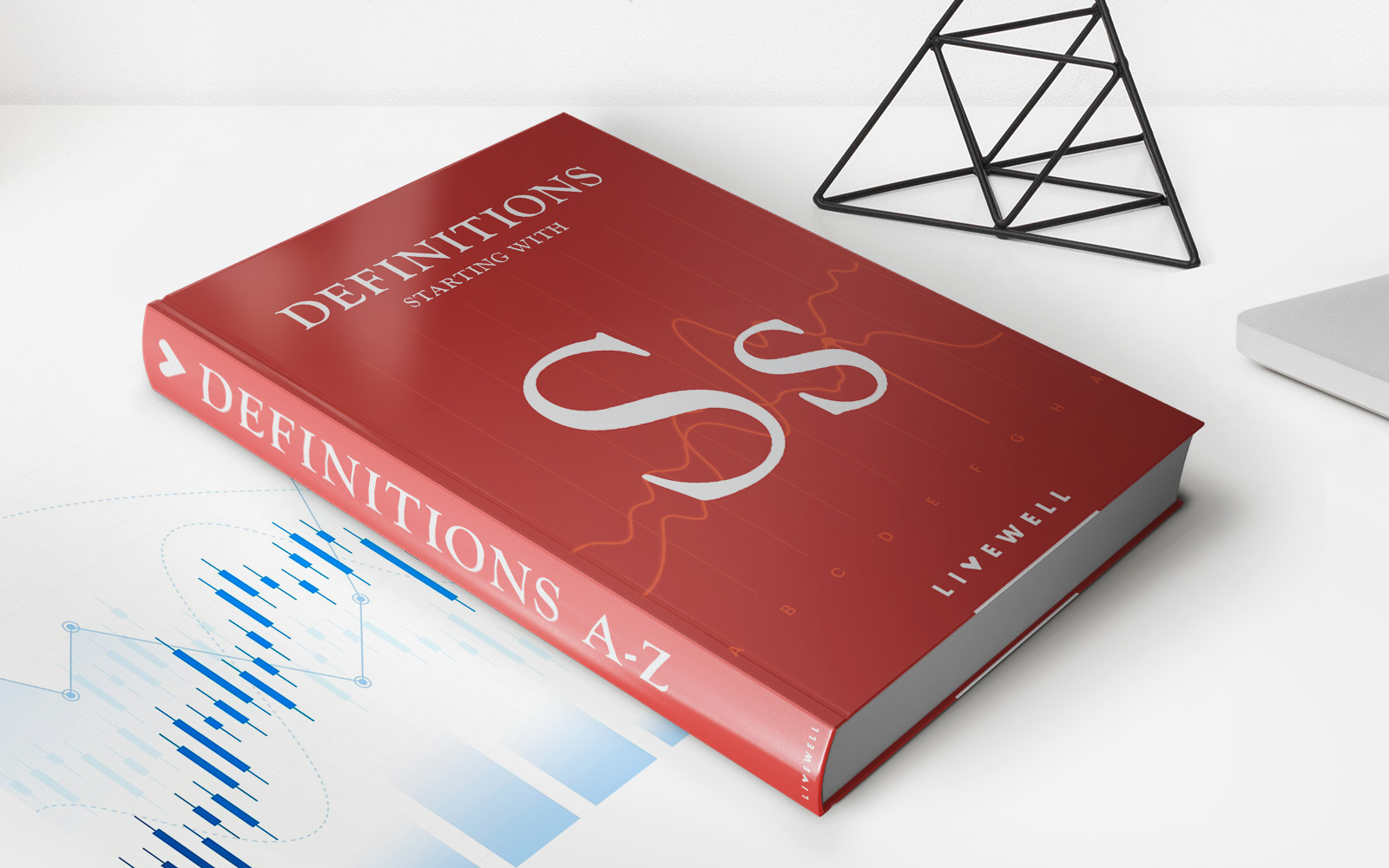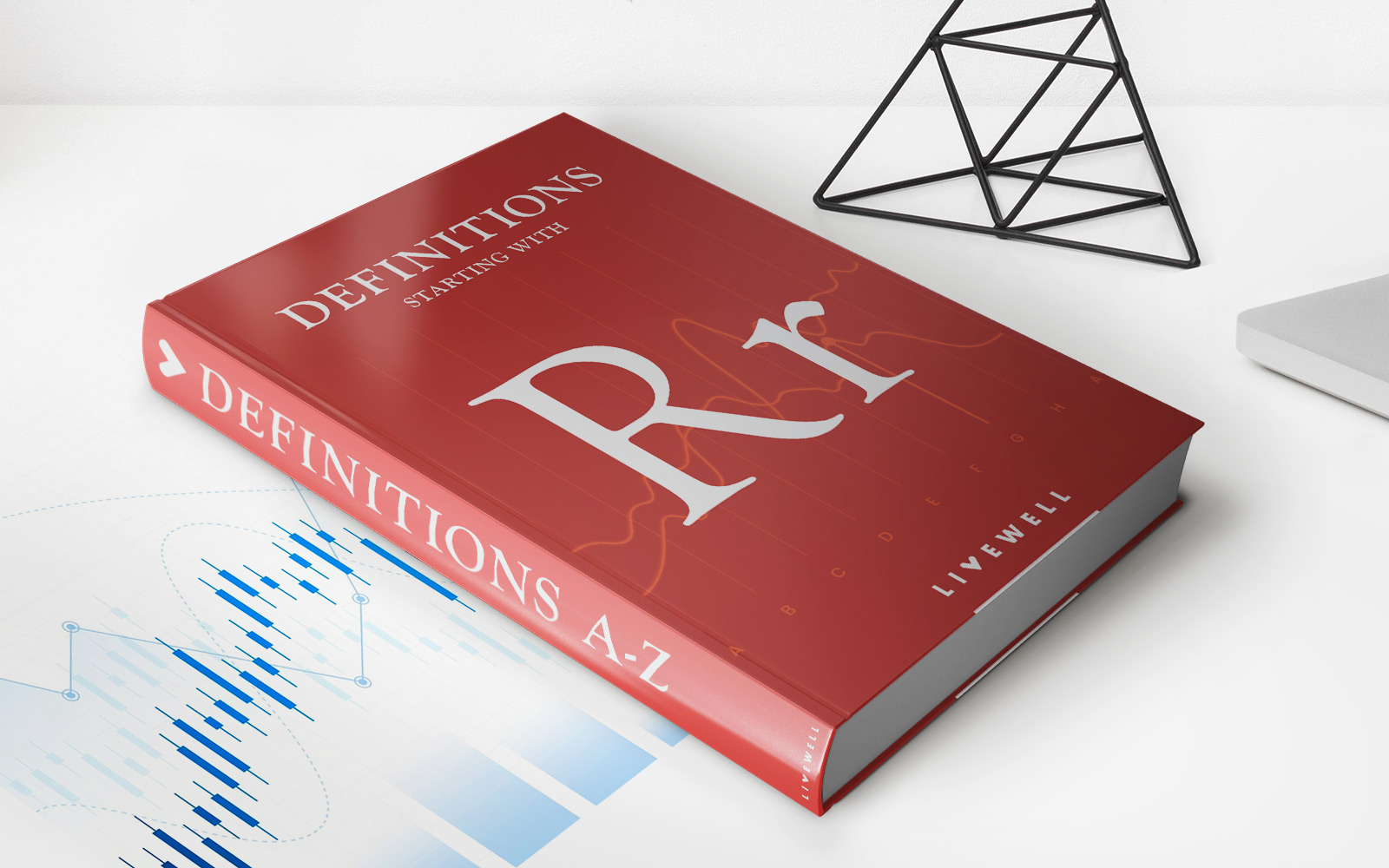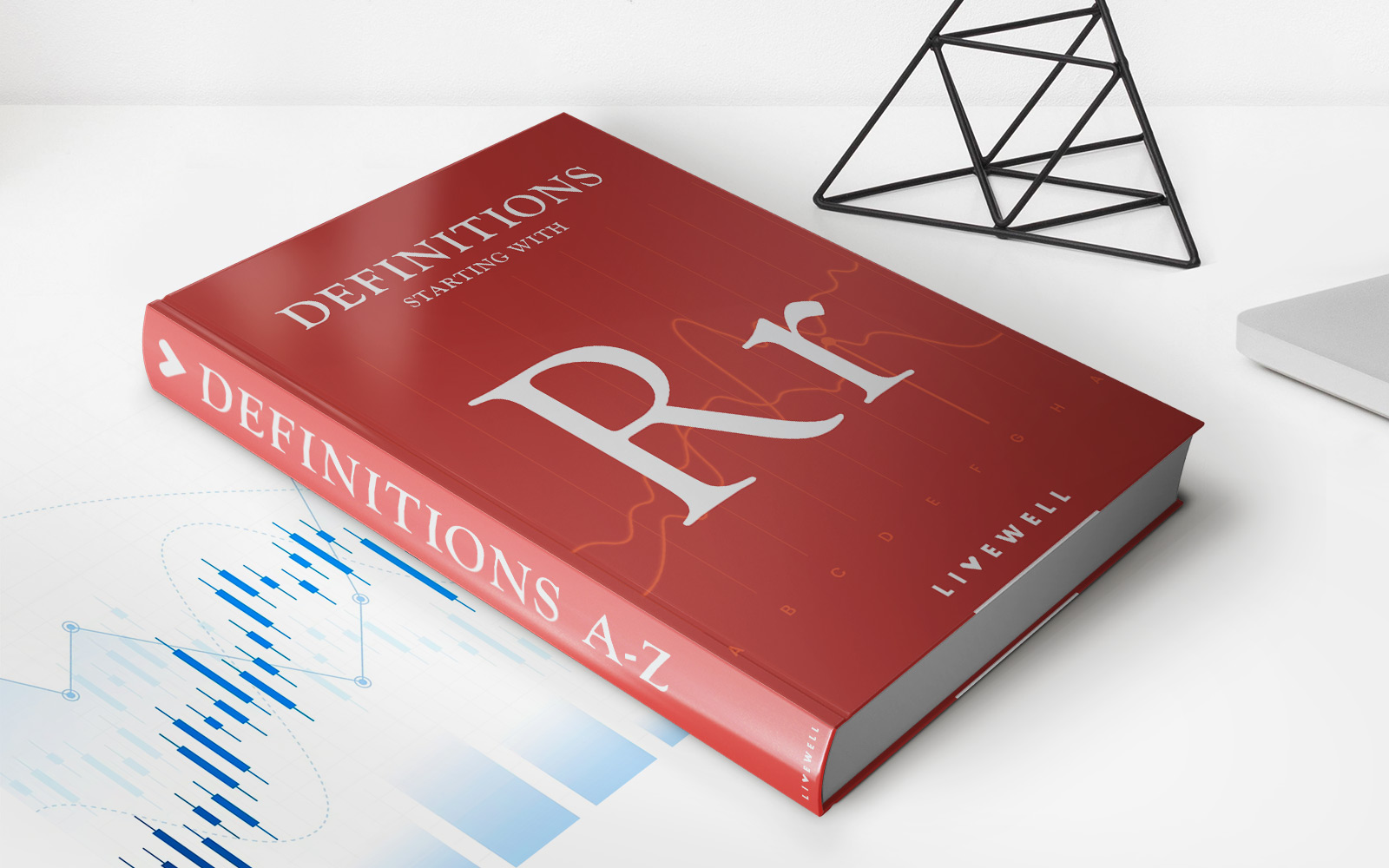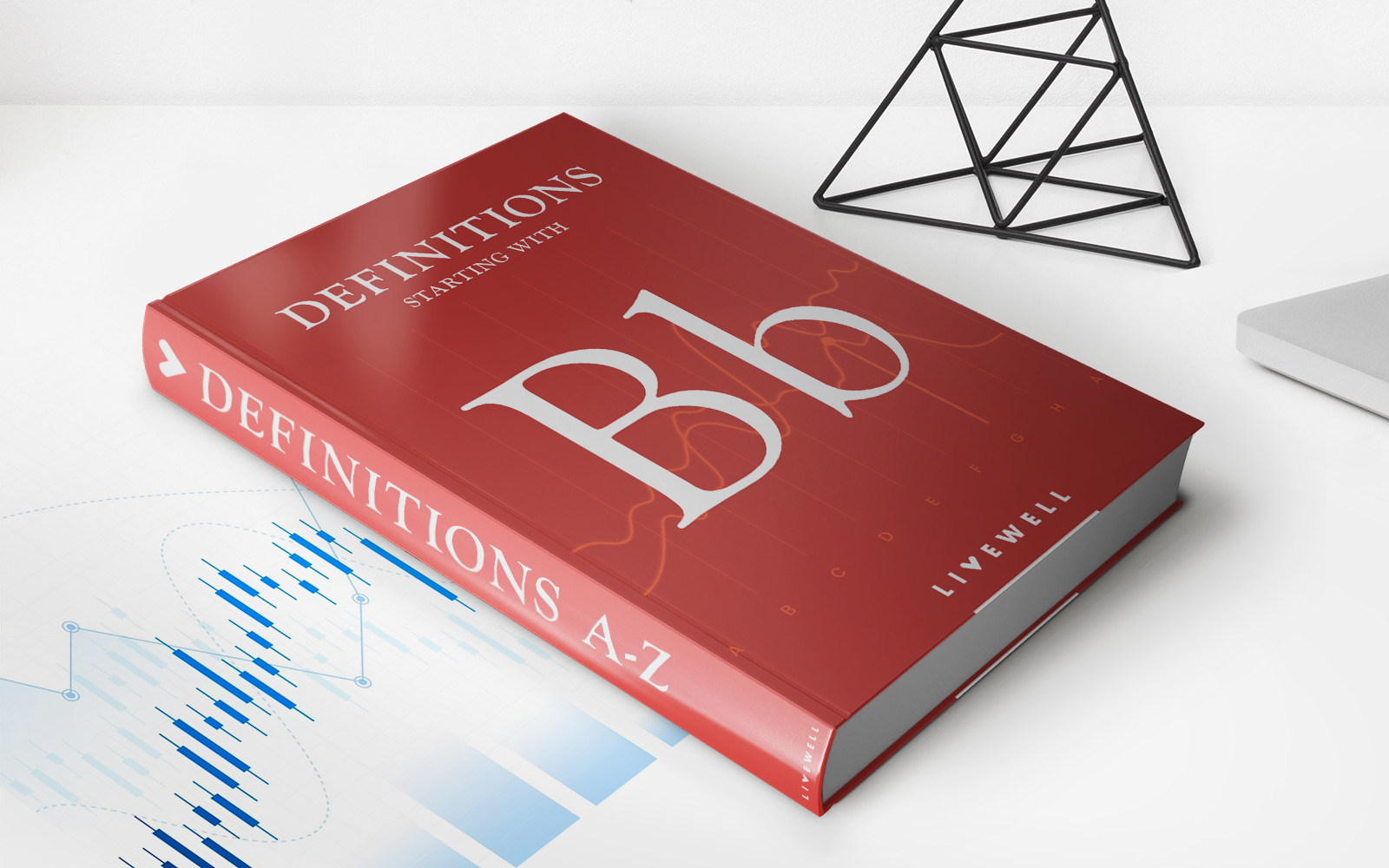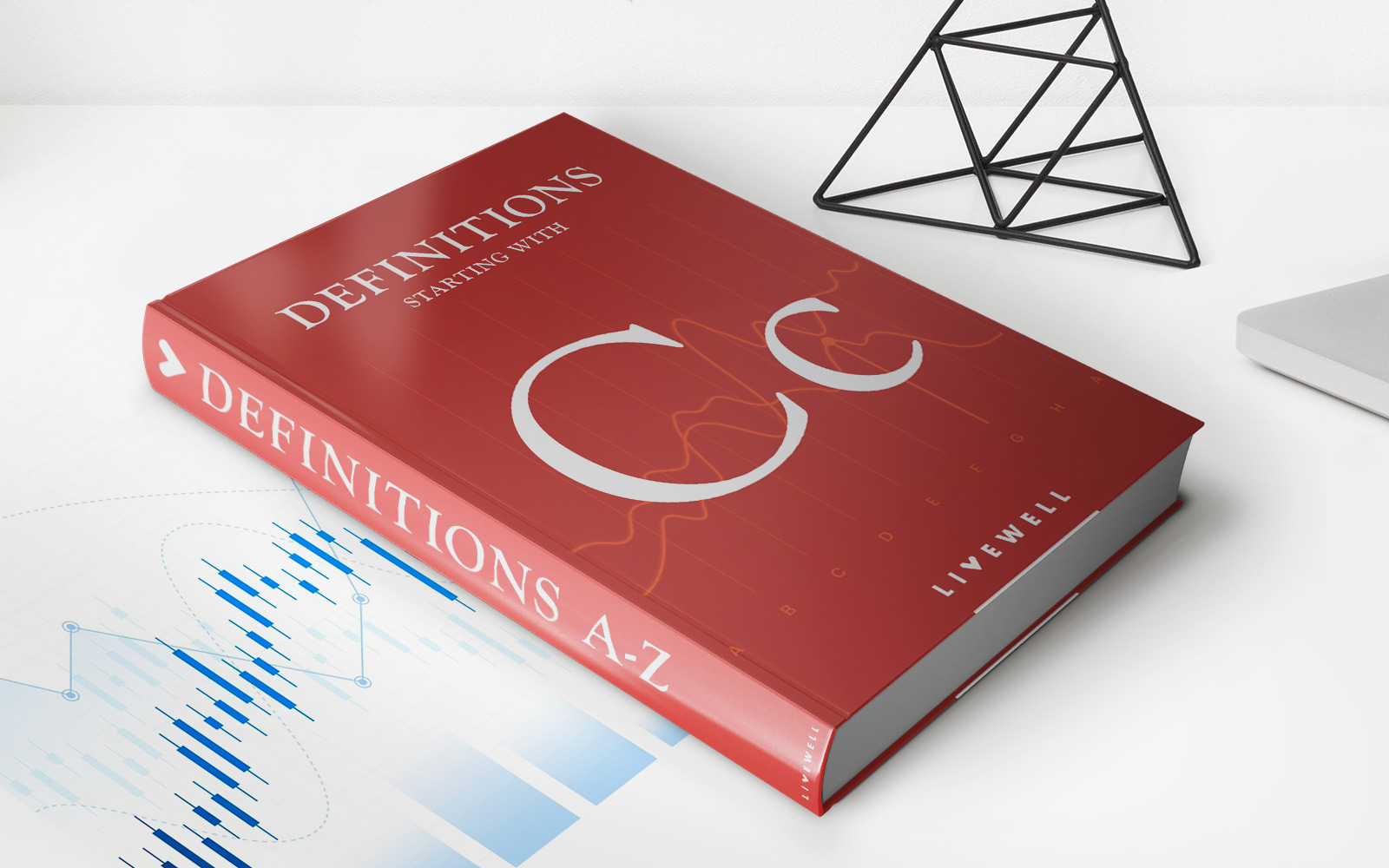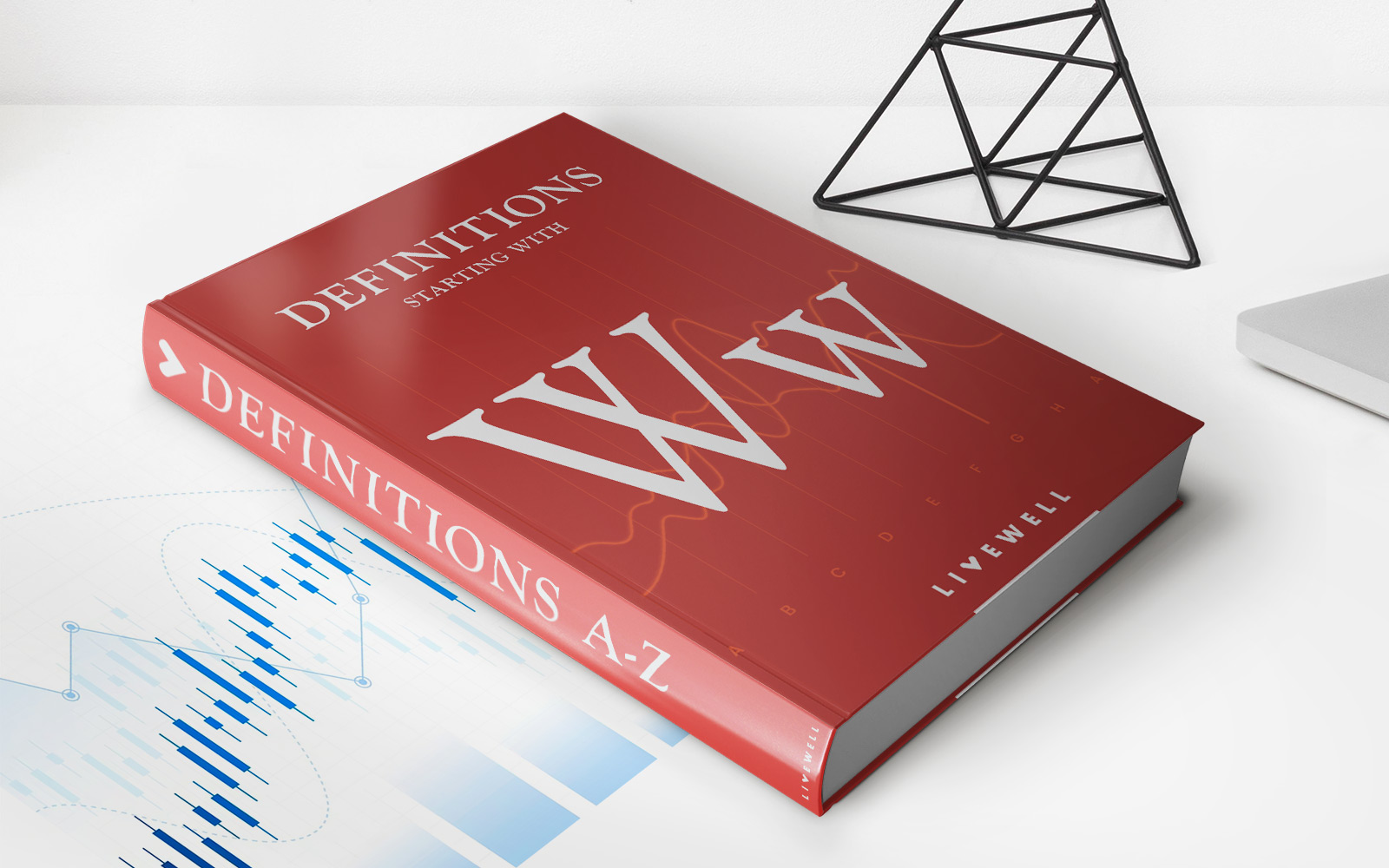Home>Finance>Human Capital Definition: Types, Examples, And Relationship To The Economy


Finance
Human Capital Definition: Types, Examples, And Relationship To The Economy
Published: December 6, 2023
Discover the Finance aspect of human capital, including its definition, various types, real-life examples, and its impact on the economy.
(Many of the links in this article redirect to a specific reviewed product. Your purchase of these products through affiliate links helps to generate commission for LiveWell, at no extra cost. Learn more)
Welcome to the World of Human Capital!
Have you ever wondered why some countries and companies thrive, while others struggle to keep up? The answer lies in their human capital. You might be familiar with financial capital or physical capital, but human capital is a different kind of valuable resource that can make or break economies and businesses alike. In this blog post, we will delve into the concept of human capital, explore its various types and examples, and discuss its crucial role in the economy. So, let’s embark on this enlightening journey together!
Key Takeaways:
- Human capital refers to the knowledge, skills, abilities, and experiences that individuals possess.
- Investing in human capital leads to increased productivity, innovation, and economic growth.
Unleashing the Power of Human Capital
Human capital can be defined as the skills, knowledge, abilities, and experiences that individuals bring to the table. It encompasses everything from formal education and professional training to on-the-job learning and personal development. Just like any form of capital, human capital can be invested in and leveraged to achieve greater productivity and success.
The types of human capital can vary across industries and sectors, but here are some common examples:
- Educational Capital: This includes formal education, such as degrees and certifications, that provide individuals with the foundation of knowledge and skills necessary for a specific field.
- Work Experience: The practical application of skills and knowledge gained through employment and hands-on work is another valuable form of human capital.
- Interpersonal Skills: Effective communication, teamwork, leadership, and problem-solving abilities are all examples of human capital that can greatly impact an individual’s success in the workplace.
- Technical Skills: Proficiency in specific tools, software, or technologies relevant to a particular industry is highly valued and contributes to an individual’s human capital.
- Adaptability and Continuous Learning: The ability to quickly adapt to new situations and embrace lifelong learning ensures that an individual’s human capital remains relevant and up-to-date.
Now that we have a better understanding of what human capital encompasses, let’s explore its relationship to the economy.
The Nexus of Human Capital and the Economy
Human capital is the driving force behind economic growth and development. When individuals possess valuable skills, knowledge, and experiences, they become more productive and efficient in their work. This increased productivity has a ripple effect that benefits not only the individuals but also the businesses they work for and the entire economy.
Here’s how human capital influences the economy:
- Innovation: Human capital promotes innovation by allowing individuals to come up with creative solutions to problems and drive technological advancements.
- Productivity: Highly skilled individuals contribute to higher levels of productivity, which leads to increased outputs and economic growth.
- Competitiveness: Regions and industries with a well-educated and skilled workforce are more competitive on a global scale.
- Workforce Development: Investing in human capital through education and training programs ensures a continuous supply of skilled workers, reducing unemployment and increasing overall economic stability.
In summary, human capital is an invaluable asset that fuels growth, innovation, and competitiveness in economies and businesses. By recognizing the importance of investing in human capital and continuing to develop our own skills and knowledge, we can contribute to a brighter and more prosperous future for all.
Thank you for joining us on this exploration of human capital. We hope you found this blog post informative and enlightening. Remember, you are the greatest asset you have, so keep investing in yourself and watch your human capital grow!


